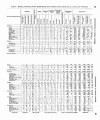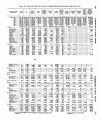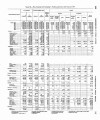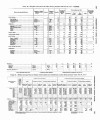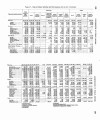| OCR Text |
Show preservation of the old Creek capitol building which was the Creek council house, as a Creek National Museum, to be purchased by the IJnited States for the Creek Tribe for that purpose, to give Okmulgee County preferential right to purchase the old capitol building site with improvements for a courthouse, at the appraised value (about $60,000), or to have Congress purchase the site for a post-office build-ing for Federal purposes. ESTATES OF DECEASED INDIANS. Not only does the United States follow the Indian with watchful care during his life, but after his death distributes his estate, in accordance with the laws of Congress and the regulations of the Department of the Interior in pursuance of these laws. In former days, before the present really hopeful spirit of under-standing and sympathy existed between the white man and the In-dian, it used to be commonly and flippantly remarked that "the only good Indian is a dead Indian." The Indian Office can see no dis-tinction as to goodness between living Indians and those who have passed on; it does note, however, in a very large proportion of the cases in which it undertakes the distribution of the estate of a de-ceased Indian, that he has during his lifetime undertaken and gener-ously fulfilled heavy responsibilities toward relatives, adopted chil-dren, or other dependents, who may or may not be claimants to his estate after his death. In the determination of heirs to Indian estates, the department occupies the position of a probate court, and operates under regula-tions as to notice and hearing, etc., very much as would such a court. In the consideration of wills made by Indians, however, the depart-ment acts also aa a guardian of the Indian and his estate, the law making the approval of the Secretary a condition precedent to the validity of such wills, and providing that such approval (or dis-approval) may be given either during the lie or after the death of the testator. The circumstances of many individual cases have made thin method of procedure appear to be the only adequate one. The fact that during the past year a considerable number of wills (49, or 28.5 per cent of the entire number acted upon) was disap-proved, shows the importance of the discretionary power in this respect vested in the Secretary of the Interior. The total number of wills approved was 123, exclusive of Osage wills, which receive consideration under a law applicable to them alone and for the approval of which no fee is collected. The total number of estatea which were the subject of final deter-mination during the yew ending June 30, 1917, was 2,851. On 2,608, or 91.4 per cent of these, a $15 fee for such determination was collected, the total amount of such fees being $39,120. Of the 172 |






















































































